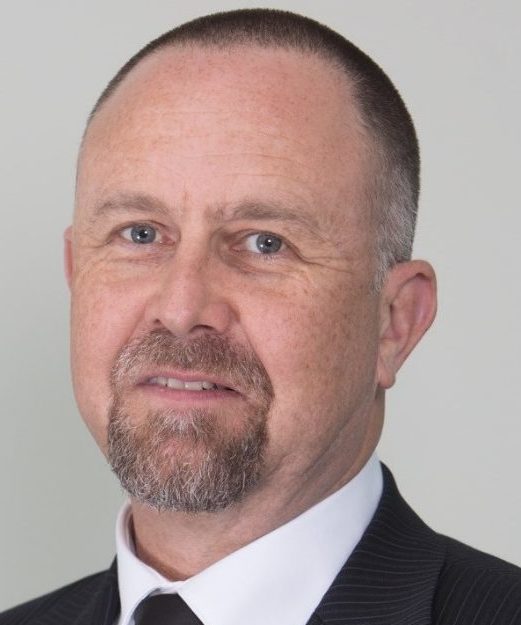A discussion paper on a new remuneration model for risk advisers has been released by the thinkers behind it, Bruce Cortesi and Darrin Franks, following the report into life insurer conduct and culture by the FMA and Reserve Bank.
Although the paper has been in the works for the past three years, the new remuneration model concept was released to media in July last year.
The concept intends to shift the focus from advisers receiving upfront commission as a percentage of the policy holder’s annual premium to receiving a percentage of the total sum insured. (see: New Adviser Commission Model Proposed and New Remuneration Model Concerns Addressed).

As part of a two-stage consultation process described in the paper, they have conducted one-on-one consultations with two major insurers, receiving positive feedback and further input and clarification on different parts of the paper.
Cortesi noted they will need to go back to discuss further potential changes insurers may wish to raise, in light of the recent report on insurers released by the regulators. Following that, they intend to revisit the FMA to provide further updates on progress.
He said they had met with the FMA twice to discuss the paper. “We were encouraged to try and bring this discussion to a broader audience and bring the product provider and adviser sectors together with the objective of trying to deliver a new model, which may or may not include many of the recommendations made in this proposal,” he said.

Franks added: “Unfortunately there has not been much enthusiasm to have a bigger discussion about what the industry could do differently as there could have been. Perhaps that is why the commentary from the regulator has noted the industry’s slow response to their signals regarding change.”
Cortesi and Franks are also considering holding adviser forums to discuss the paper in more depth and any further changes that would be deemed appropriate.
They also said they hope to open a discussion with the Financial Services Council, as the timing couldn’t be better for this discussion to be given priority.
The duo emphasised that the proposed model does not attempt to reduce or impact the level of revenue that an adviser business receives, which is critical to being able to deliver the standard of advice legislated and expected going forward.
The proposed remuneration model aims to:
- Remove complexities of multiple commission formulas and dispense commission altogether, replacing it with a fee-based service that is based on the outcome achieved for the client rather than the level of premium being paid to an insurer
- Focus on an invoiced-based system that is driven off the back of current product provider software, and paid to the adviser business once the insurance policy has been accepted. The same fee structure applies to every insurer, thereby removing the ability for insurers to leverage off adviser revenue levels to gain more business
- Look at every aspect of the insurance advice commission model, with proposed changes to the persistency formulas, renewal streams, clarity, churn and every other aspect
“Every previously proposed change from other parties, including those in Australia, have just focussed on the level of commission an adviser receives,” said Cortesi. “This does not fix the inherent problems and conflicts that have occurred over almost 100 years of the commission model being in existence.”
Franks said to bring about successful change, the model needs to change. “We are in a society that is more transparent, more information focussed than ever. Product providers and advisers who think that the current commission model has a place in the future are only fooling themselves.”
“Product providers and advisers who think that the current commission model has a place in the future are only fooling themselves.”
Cortesi and Franks hope ultimately that the proposed changes in the paper will contribute to a new standard going forward.
“We hope advisers and product providers can let go of the reins of a commission-based adviser model that has little place in the future of advice outcomes for New Zealanders,” said Cortesi.
“We have to accept that the world is changing and that we have to adapt and assist with that change to bring a long-term future for the delivering of financial advice – particularly in the insurance and mortgage space for all New Zealanders.”
Cortesi and Franks have invited feedback as detailed in the paper and aim to collate the feedback from the industry in an updated release in the coming months.
Click here to read the discussion paper in full.





